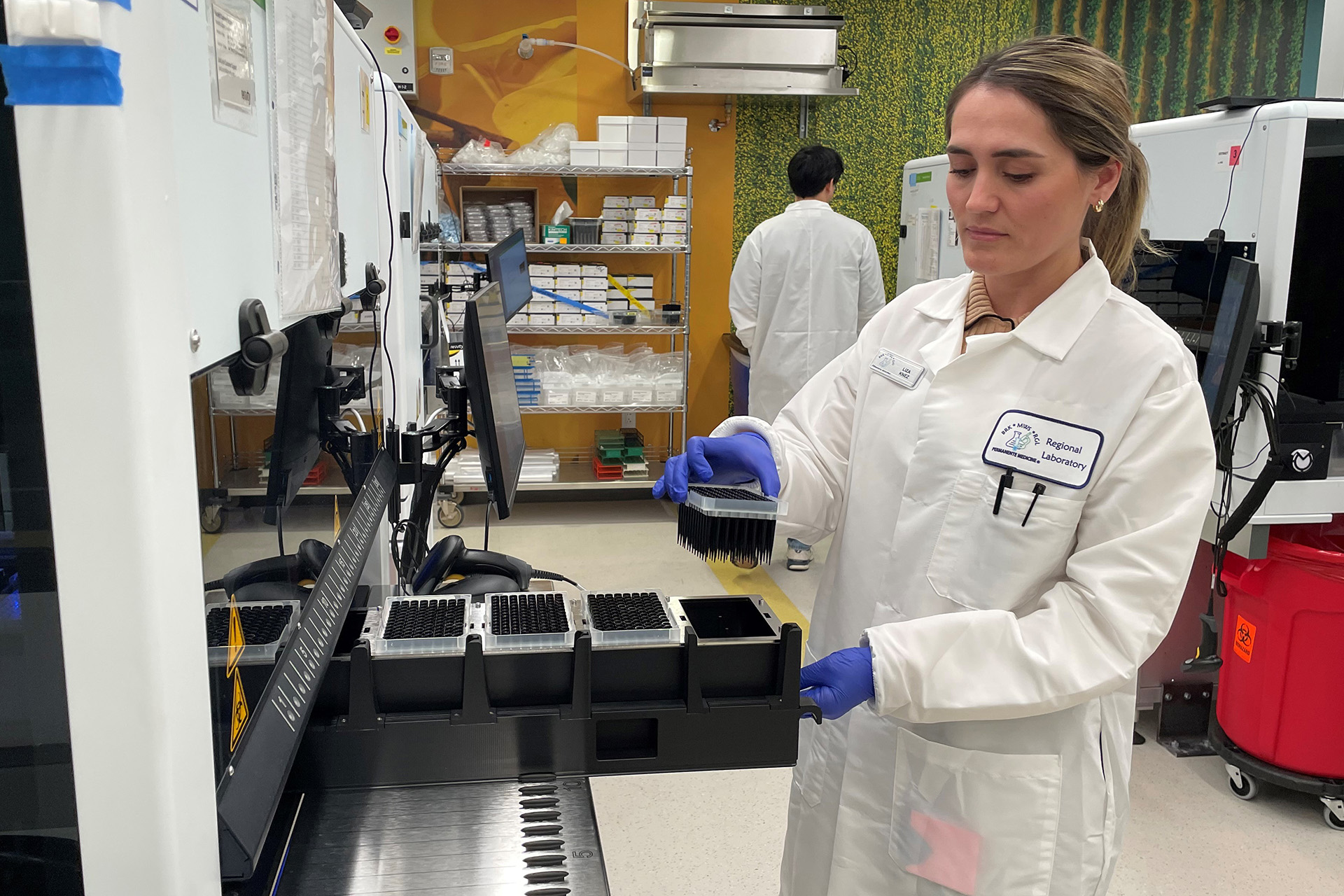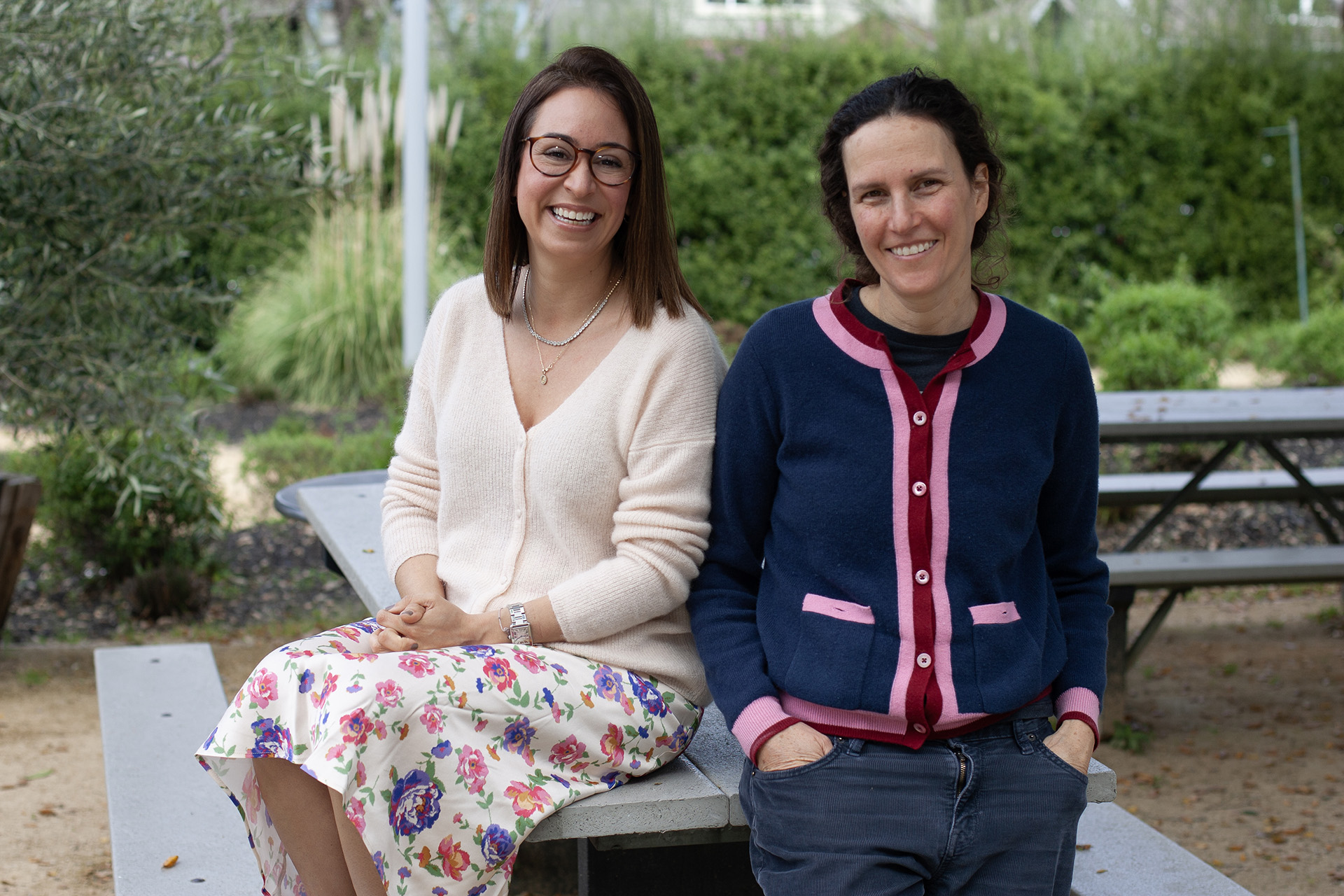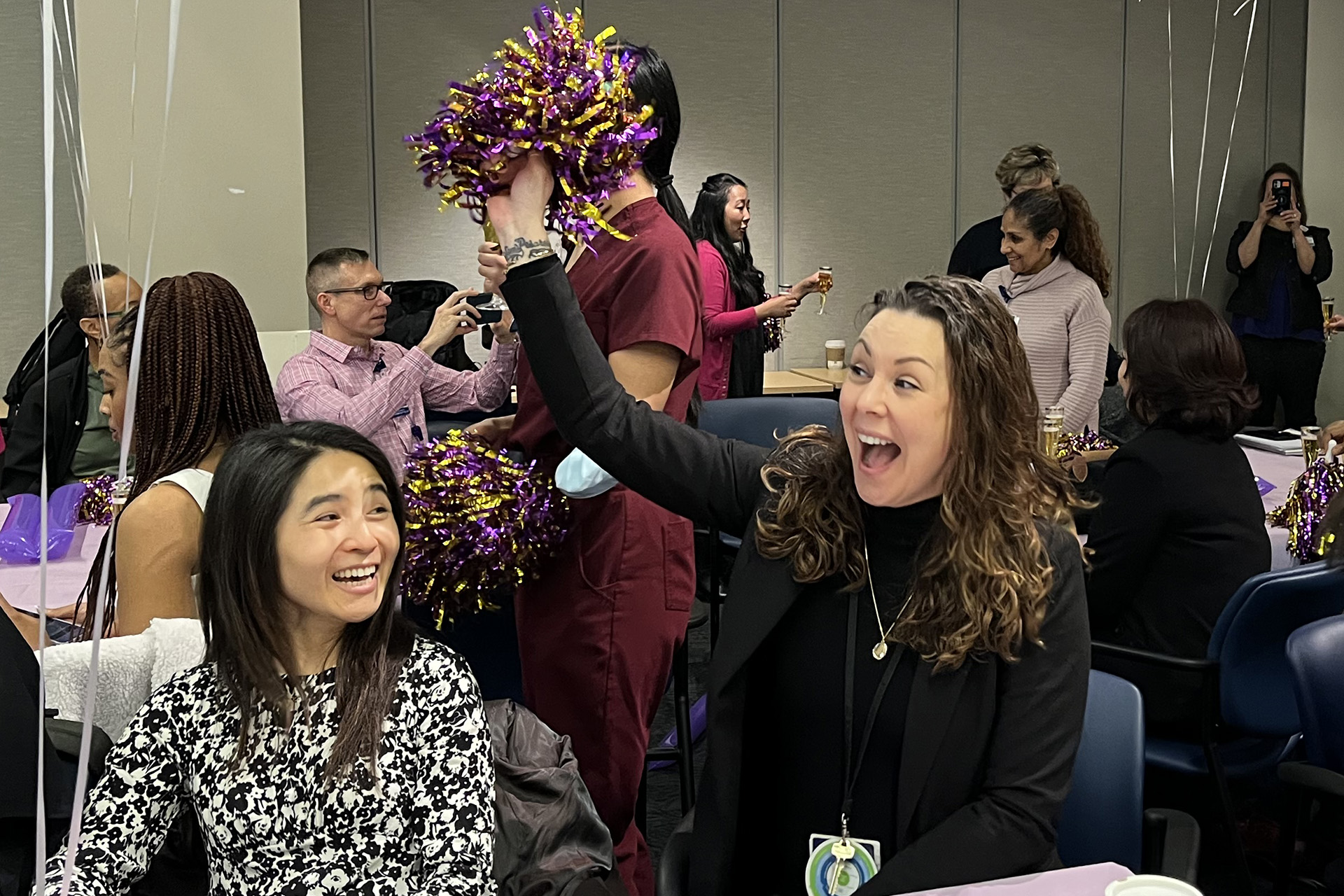Social isolation along with boredom and heightened levels of stress and anxiety can significantly increase the risk of relapse, especially for people who are early in their recovery journey, said Stacey Nelson, PhD, program director and chair of Kaiser Permanente Addiction Medicine and Recovery Services (AMRS) in Northern California.
“Isolation is the enemy of people suffering from addiction,” Nelson said. “This public health emergency is especially challenging for them for many reasons.”
Key factors in the solution for substance abuse disorders are community support, accountability, and connection—typically all in-person mechanisms. To ensure ongoing support for members to maintain their recovery goals, the program recently underwent a robust overhaul to offer care virtually.
Virtual Care
When the coronavirus outbreak began, the AMRS leadership quickly transitioned to telehealth services to allow Kaiser Permanente members to safely access needed care.
“We have learned new ways of doing addiction treatment,” said Chris Zegers, MD, AMRS regional chair. “We offer virtual services for every level of treatment for those who need it.”
For the first time, the AMRS, which serves members from all 21 Kaiser Permanente Northern California medical centers, offers online services including video support groups, individual meetings with addiction medicine specialists, chemical dependency program support, educational forums, adolescent counseling, and support for every level of need up to intensive outpatient care. Schedule an e-visit at kp.org.
“The members’ response has been really positive,” Nelson said. “They have become more familiar and comfortable with virtual care.”
In the works is a regional, 12-week education series focusing on a variety of substance abuse topics. The multimedia content will be soon available on demand so patients can access it any time.
Positive, Lasting Effect
Both Nelson and Dr. Zegers said the move to virtual health will have a positive, lasting effect on the program. People facing barriers, including a lack of transportation or anxiety about receiving in-person services, will now have easier access to services.
“In dealing with this crisis, we’ve gained tools to help patients in the future,” Dr. Zegers said. “We have created new channels to help reach our most vulnerable people.”
For members with acute medical needs, in-person care is available, and Kaiser Permanente office practices and emergency departments are open to them.
Additional online tools are offered by Alcoholics Anonymous, which has a web page devoted to online options, including Zoom and Google Hangouts. Narcotics Anonymous provides similar information on its website.





This Post Has One Comment
Be sure to read this article.